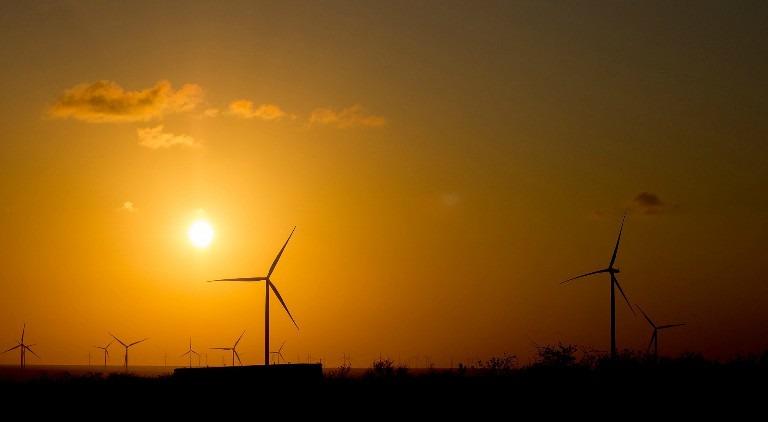Power ministry to track India’s energy security and consumption
By EPR Magazine Editorial January 24, 2020 12:00 pm IST
By EPR Magazine Editorial January 24, 2020 12:00 pm IST

Raj Kumar Singh, Hon’ble Minister of State (Independent Charge) for Power and New and Renewable Energy and Hon’ble Minister of State for Skill Development and Entrepreneurship released the ‘State Energy Efficiency Index 2019’, which tracks the progress of Energy Efficiency (EE) initiatives in 36 states and union territories based on 97 significant indicators. The index was released on the occasion of RPM (Review, Planning and Monitoring) meeting, which was held on 09-10 Jan 2020 at Pravasi Bharatiya Kendra, New Delhi.
The index is developed by Bureau of Energy Efficiency (BEE) in association with Alliance for an Energy Efficient Economy (AEEE). It will help states contribute towards national goals on energy security and climate action by helping drive EE policies and program implementation at the state and local level, tracking progress in managing the states’ and India’s energy footprint and institutionalising the data capture and monitoring of EE activities by states.
The first such Index, the “State Energy Efficiency Preparedness Index 2018”, was launched on August 1, 2018. Taking forward the State Energy Efficiency Preparedness Index 2018, the State Energy Efficiency Index 2019 incorporates qualitative, quantitative and outcome-based indicators to assess energy efficiency initiatives, programs and outcomes in five distinct sectors – buildings, industry, municipalities, transport, agriculture, and DISCOMs. New indicators for this year include adoption of Energy Conservation Building Code (ECBC) 2017, energy efficiency in MSME clusters, etc.
The required data was collected from the concerned state departments such as DISCOMs, urban development departments and other departments with the help of State Designated Agencies (SDAs). This year, a total of 36 states and union territories have been assessed based on their efforts and achievements in policy and regulation, financing mechanisms, institutional capacity, adoption of energy efficiency measures and energy savings achieved.
For rational comparison, States/UTs are grouped into four groups based on aggregated Total Primary Energy Supply (TPES) required to meet the state’s actual energy demand (electricity, coal, oil, gas, etc.) across sectors. TPES grouping shall help states compare performance and share best practices within their peer group. Under four categories based on TPES, Haryana, Kerala, Karnataka, Maharashtra, Himachal Pradesh, Uttarakhand, Pondicherry and Chandigarh have been evaluated as progressive states/UTs in the State Energy Efficiency Index 2019.
Key Takeaways for StatesState EE Index 2019 shows that majority of the initiatives taken by states is related to policies and regulations. Most of the first-generation energy efficiency policies prepared by BEE under programmes on Standards and Labelling (S&L), ECBC, Perform Achieve and Trade (PAT), etc. are understood by states and as the next steps they should focus on ensuring greater compliance to achieve savings. Based on the analysis of responses submitted by states this year, a three-point agenda is suggested for consideration by state agencies:
We use cookies to personalize your experience. By continuing to visit this website you agree to our Terms & Conditions, Privacy Policy and Cookie Policy.